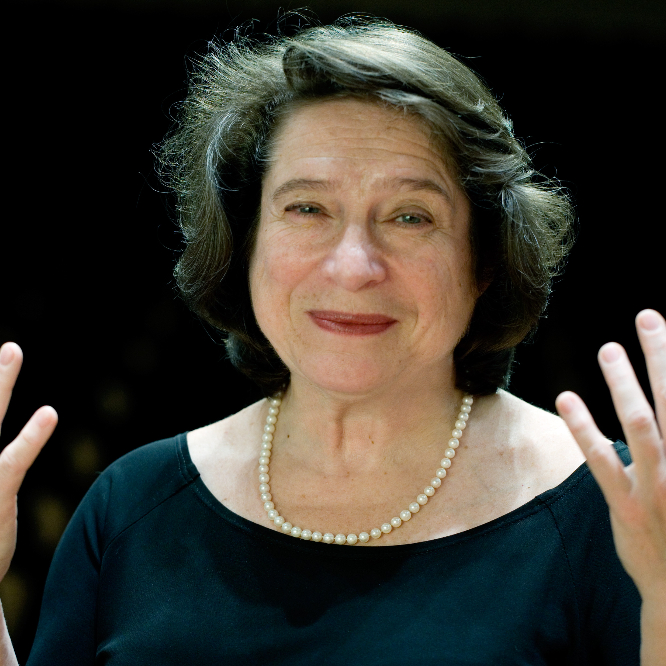 Concert Review: Dang Thai Son
Concert Review: Dang Thai SonA pianist who is famous for not being famous
This is what the Montreal Gazette calls Dang Thai Son in an early and very perceptive article that tells you quite a bit about the low-keyed artist (much better than our recent SCMP coverage).
Ever since I heard Dang more than 10 years ago (maybe close to 20; can someone fill in the year?) in HK, I have become one of his fans. But trying to find his CDs is quite a task.
Recordings of Limited Circulation
I have his very first and only recording for DG (LP) with his frail frame on the cover, and it is unfortunate this recording is not in international circulation.
Dang has been well known among the connoisseurs in Japan and Taiwan. If you browse Dang's Official Site, he has actually recorded a lot of Chopin for JVC (Japan), and these used to be appear in PRC incarnations (Polo Arts), but I am not sure about availability now. They are excellent.
The Library also has his excellent Polish Chopin Institute recordings of the Nocturnes and the Piano Concerti.
May 26, 2018, CH
Dang Thai Son Recital
Schubert - Chopin - Paderewski - Liszt
More a master pianist of great patience and inner strength, Dang is not a pianist who wears his heart on his sleeve. So in rather stately and inward readings there was no great sturm und drang in Schubert's Allegretto in C minor, not to mention 12 German Dances.
The Chopin numbers again reveals why Dang is regarded as a master Chopin pianist. Tempos were again on the slow side, but in the Barcarolle, one marveled at the motion and clearness, while the Andante spianato et Grande polonaise brilliante was positively stately and built to true grandeur.
After intermission, five Paderewski pieces were played with crystalline clarity, and each had its own character. I liked Liszt's Reminiscences de Norma ever better, as it unfolded leisurely but grandly.
For encore, Dang played some Schubert at very slow tempo, and here the intimations and undercurrents were captivating.
Dang Thai Son Recital
Schubert - Chopin - Paderewski - Liszt
More a master pianist of great patience and inner strength, Dang is not a pianist who wears his heart on his sleeve. So in rather stately and inward readings there was no great sturm und drang in Schubert's Allegretto in C minor, not to mention 12 German Dances.
The Chopin numbers again reveals why Dang is regarded as a master Chopin pianist. Tempos were again on the slow side, but in the Barcarolle, one marveled at the motion and clearness, while the Andante spianato et Grande polonaise brilliante was positively stately and built to true grandeur.
After intermission, five Paderewski pieces were played with crystalline clarity, and each had its own character. I liked Liszt's Reminiscences de Norma ever better, as it unfolded leisurely but grandly.
For encore, Dang played some Schubert at very slow tempo, and here the intimations and undercurrents were captivating.




